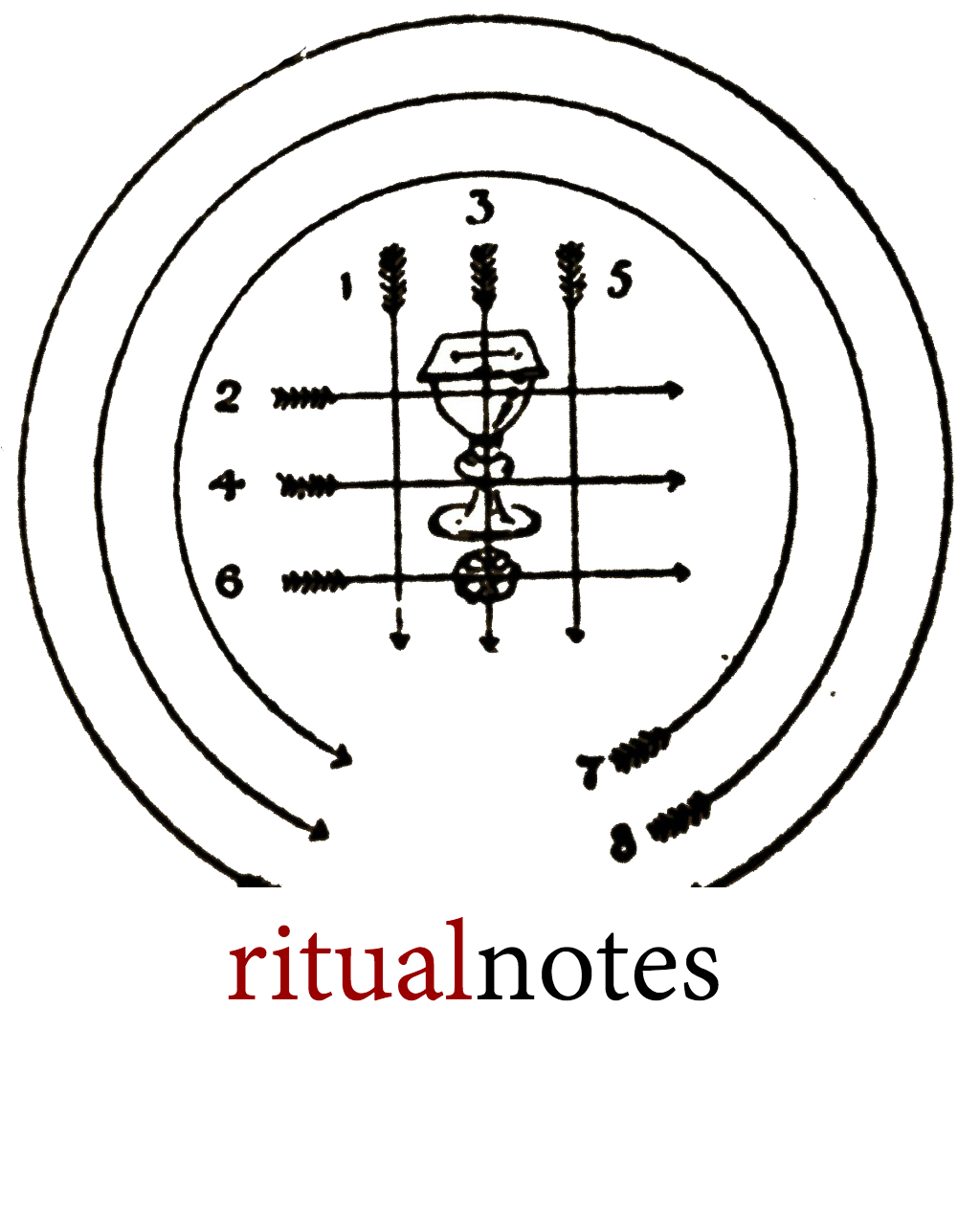The Gift of All Souls
For the first time in my priesthood, I will say all three traditional requiems for All Souls. I am singing the first mass on the evening of All Souls and I said the second and third masses this morning. This issues and history surrounding bination and trination might be interesting to some and they are easily found on the internet along with the development of saying three masses on All Souls. I am more interested at this moment in the devotional and pastoral effects of this tradition.
Traditionally, the first mass is for all the faithful departed, the second and third are for personal intentions and the intentions of the Holy Father. (If a priest is to sing a mass, he sings the first one, regardless at one time it is offered.) I deviated and said the masses this morning for the faithful departed of St Timothy’s, my parish, and for the repose of my mother, who died in 2010. The pastoral result is that I have journeyed in my prayers and offering at the altar from the personal (my mother), to my pastoral duty in praying for the departed of my parish, to my connection and obligation to pray for all the departed in the Body of Christ. While I could certainly remember all three at a single All Souls’ Requiem, it has been an honor to slow down and remember each group with deliberate intention.
I know that praying for the dead is still somewhat controversial in Anglicanism and the notion of purgatory strikes some as a fond thing vainly invented without any warrant of Scripture. But let us not forget Judas Maccabeus praying for the dead in 2 Maccabees 12.42ff. “For if he were not expecting that those who had fallen would rise again, it would have been superfluous and foolish to pray for the dead.” Instead, it is a holy and pious thing. Indeed, it has been.



